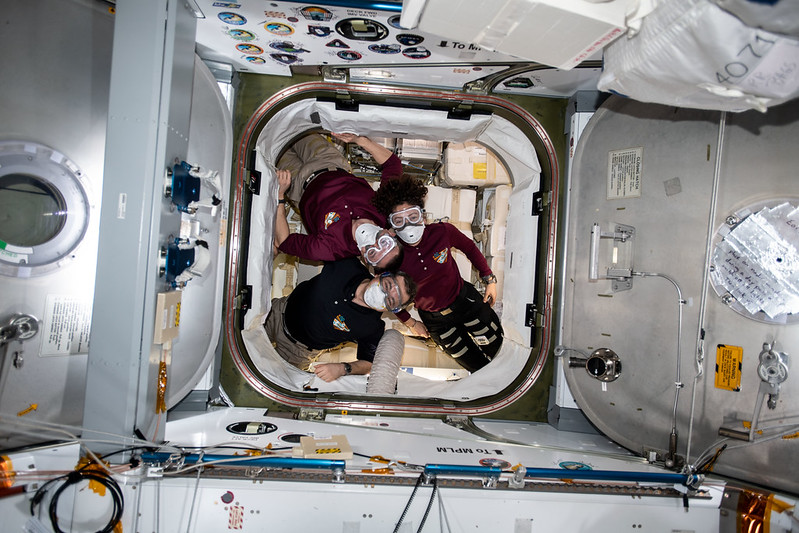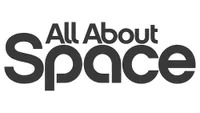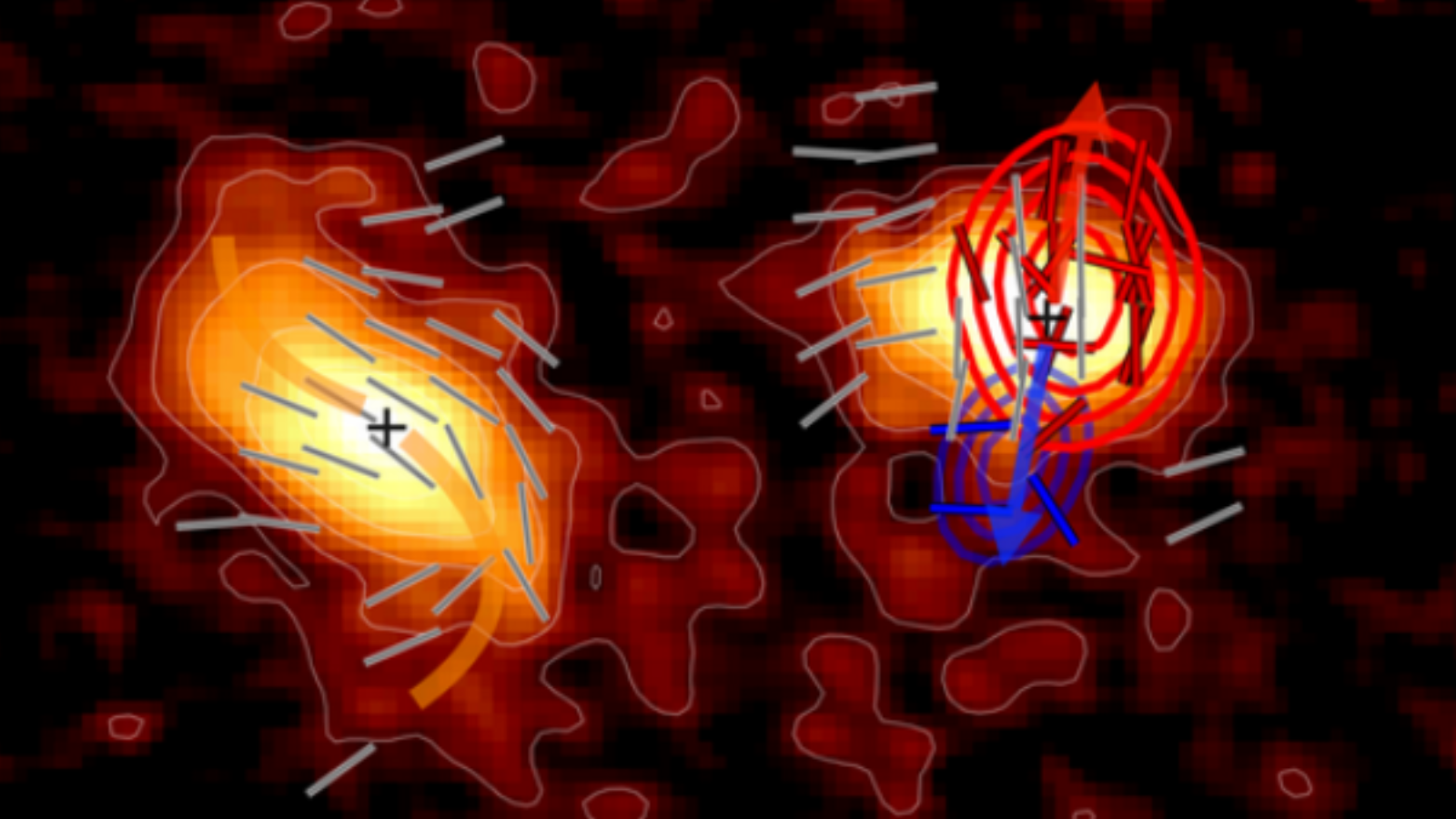NASA asks its employees for new ideas to combat coronavirus

NASA is calling on its workforce to come up with creative ways that the agency can help fight the coronavirus pandemic.
"For more than 60 years, NASA has overcome a range of unique challenges. Now, the agency is looking to leverage its expertise and capabilities to help the nation with the unprecedented challenge of coronavirus," NASA officials said in a statement, adding that the agency is "tapping into the brainpower and creativity of its workforce."
On Wednesday (April 1), NASA announced a new online platform where its employees can contribute ideas for how the agency can assist in the global coronavirus response. The crowdsourcing platform, called "NASA @ WORK," is an internal website where NASA employees can discuss ideas and come up with solutions together.
Related: Coronavirus pandemic: Full space industry coverage
"I've heard from employees across the agency who want to help the nation combat COVID-19. These comments exemplify the prevailing, can-do spirit of NASA people and our willingness to take on any challenge," NASA Administrator Jim Bridenstine said in the statement.
"As the nation comes together to confront this crisis, we must look at every opportunity for NASA to lend a hand and increase our contribution to America's response," Bridenstine added.
Working together with the White House and other government agencies, NASA identified three areas in which the agency could potentially make the most meaningful difference in the coronavirus response efforts: personal protective equipment, ventilators and forecasting the spread and impact of the coronavirus.
Breaking space news, the latest updates on rocket launches, skywatching events and more!
Personal protective equipment (PPE) — NASA is requesting ideas for new ways to develop personal protective equipment (such as masks, respirators and gloves) and to make it more readily available for the health care workers who need them. The agency also called for "novel approaches for sterilizing or repurposing personal protective equipment," which could come in handy for hospitals that are short on protective gear.
Ventilators — To help deal with the shortage of ventilation devices needed to help COVID-19 patients breathe, NASA would like ideas for simple and innovative ventilator designs that can be quickly manufactured and delivered to the hospitals that need them.
Forecasting — The third focus area NASA listed is the need for a way to monitor the coronavirus and forecast where and when it will spread. By utilizing NASA satellite data and other sources of information, NASA hopes to curb the spread of the virus and predict which areas will be affected will be the most affected. This can be done with the help of supercomputers, artificial intelligence and other data analytics capabilities, the agency said.
"I'm looking forward to seeing what kind of ideas we receive and how they may be able to propel additional meaningful contributions to the COVID-19 response," Bridenstine said.
NASA employees, with the exception of some "mission-essential" personnel, have been working from home for the past two weeks, but the agency has already been able to contribute to the fight against COVID-19 (the disease caused by the novel coronavirus) in several ways. For example, NASA recently contributed its supercomputing resources to researchers who are studying vaccines and treatments for COVID-19.
But NASA isn't the only space agency battling the coronavirus pandemic. The European Space Agency (ESA) also announced on Wednesday (April 1) that it is seeking proposals for a similar project called "Space in response to COVID-19 outbreak."
While NASA is seeking ideas from its own workforce, ESA is calling for businesses in Europe to submit their ideas for ways to deploy services to combat the pandemic in Europe — especially in Italy, which has seen more cases than any other European country, ESA officials said in a statement.
"We are keen to support European companies in developing and deploying their best ideas to respond to the current crisis, evidencing the contribution that space can bring in these circumstances," Magali Vaissiere, ESA's Director of Telecommunications and Integrated Applications, said in the statement.
ESA is offering 2.5 million euros ($2.71 million) in funding as well as free access to ESA's satellite data and other resources. Companies can submit proposals here.
- India's space agency pauses rocket launches to make coronavirus supplies: report
- Virgin Orbit designs new ventilator as part of Virgin Group's efforts to combat coronavirus
- NASA's next robotic moon landings in 2021 still on track despite coronavirus pandemic
Email Hanneke Weitering at hweitering@space.com or follow her @hannekescience. Follow us on Twitter @Spacedotcom and on Facebook.
OFFER: Save at least 56% with our latest magazine deal!
All About Space magazine takes you on an awe-inspiring journey through our solar system and beyond, from the amazing technology and spacecraft that enables humanity to venture into orbit, to the complexities of space science.

Hanneke Weitering is a multimedia journalist in the Pacific Northwest reporting on the future of aviation at FutureFlight.aero and Aviation International News and was previously the Editor for Spaceflight and Astronomy news here at Space.com. As an editor with over 10 years of experience in science journalism she has previously written for Scholastic Classroom Magazines, MedPage Today and The Joint Institute for Computational Sciences at Oak Ridge National Laboratory. After studying physics at the University of Tennessee in her hometown of Knoxville, she earned her graduate degree in Science, Health and Environmental Reporting (SHERP) from New York University. Hanneke joined the Space.com team in 2016 as a staff writer and producer, covering topics including spaceflight and astronomy. She currently lives in Seattle, home of the Space Needle, with her cat and two snakes. In her spare time, Hanneke enjoys exploring the Rocky Mountains, basking in nature and looking for dark skies to gaze at the cosmos.

